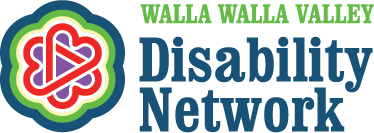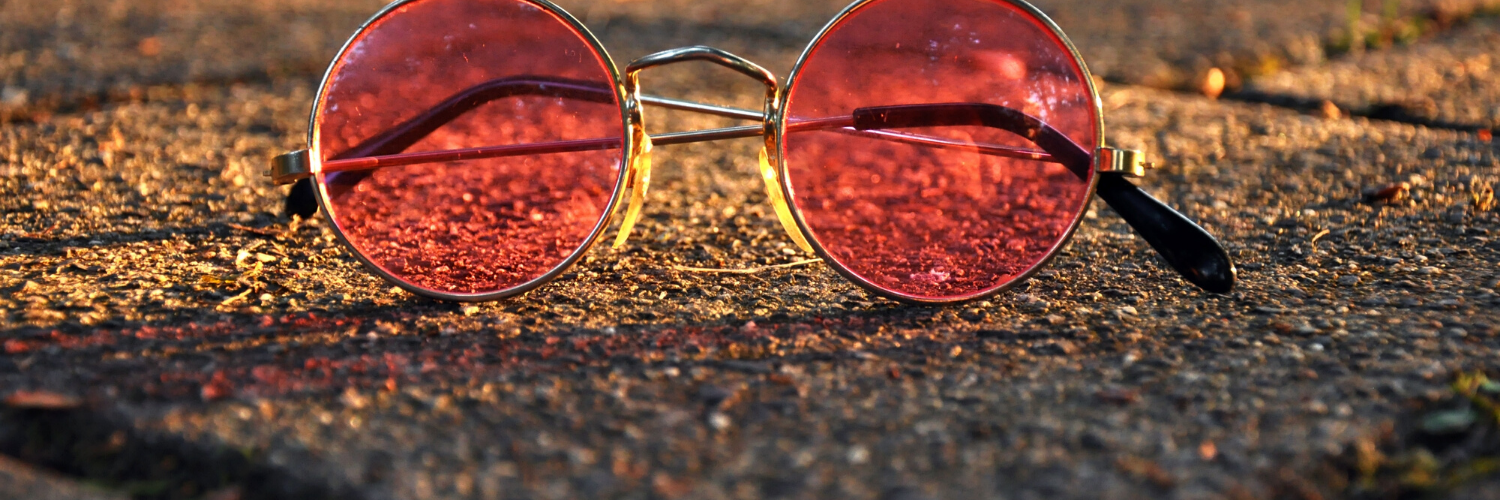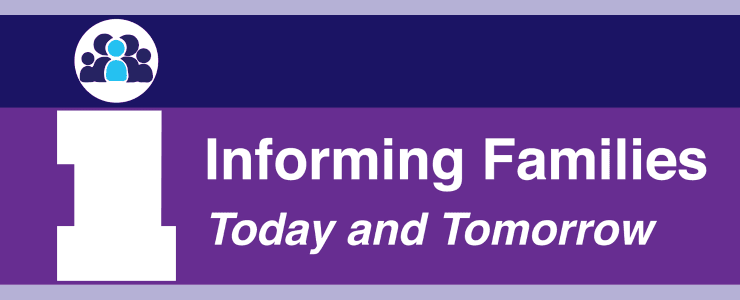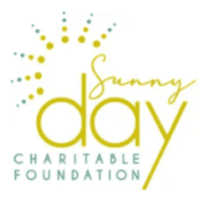Blind and Low Vision - Agencies & Resources
-
The Children's Eye Foundation provides resources to families of children with eye conditions, including educational information and support groups.
-
Washington State’s Department of Services for the Blind (DSB) provides "one front door" for people of all ages who are blind or have low vision, by providing job counseling and teaching adaptive skills, serving children and youth from birth through high school graduation, and offering a wide range of services, tailored to you and committed to our mission—“Inclusion, Independence, and Economic Vitality for People with Visual Disabilities.”
-
Dedicated to serving the blind and visually impaired in southeastern Washington, our mission is to enrich the independence and quality of life for individuals who are blind and visually impaired.
-
On the local level, we are a 501(c)(3) organization. We meet on the 4th Tuesday of the month. Follow this link to check our calendar for the location of the meeting. Come at 1:30 for socializing. Our business meeting begins at 2:00. Individually: we are a diverse group with a wide variety of hobbies, skills, and interests. We share in the common belief that there is life after blindness and life abundant.
-
WSDS is here to assist children who are deaf or hard of hearing, blind or visually impaired, or deaf-blind, by providing assessment services, training and other support to children, school districts, families and service providers.
Practical Ideas for Daily Living
-
Video with 10 gift ideas.
-
Modifying your home to help accommodate your vision loss doesn’t have to be difficult or expensive.
-
Although many people who have low vision can also experience decreased color perception, it is still possible to use color to enhance independence, safety, and accessibility.
-
From architecturaldigest.com, this article provides examples of 11 ways to make a home safer for people with low vision.
-
WTBBL provides library services state-wide, at the library and by mail, to any Washington resident unable to read standard print material due to blindness, visual impairment, deaf-blindness, physical disability (cannot hold a book or turn pages), or reading disability.
-
Editor’s note: This guest essay is part of Education Lab’s Student Voices program.
Twelve years ago, I stood in the doorway of my house in Nepal with an empty backpack on my shoulders and a burning desire to go to school. Every day, just before he left the house, I would cling to my brother’s legs, begging to go with him, and every day, I would get the same harsh answer, “No!”








